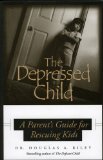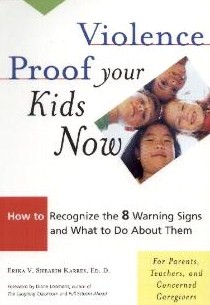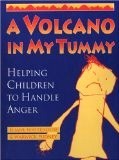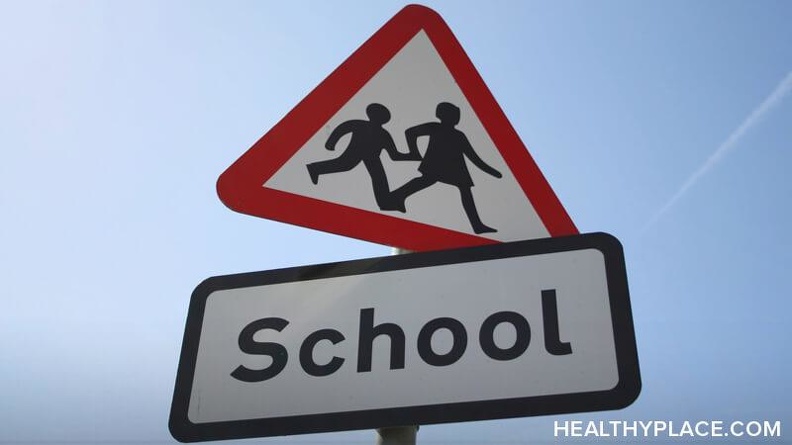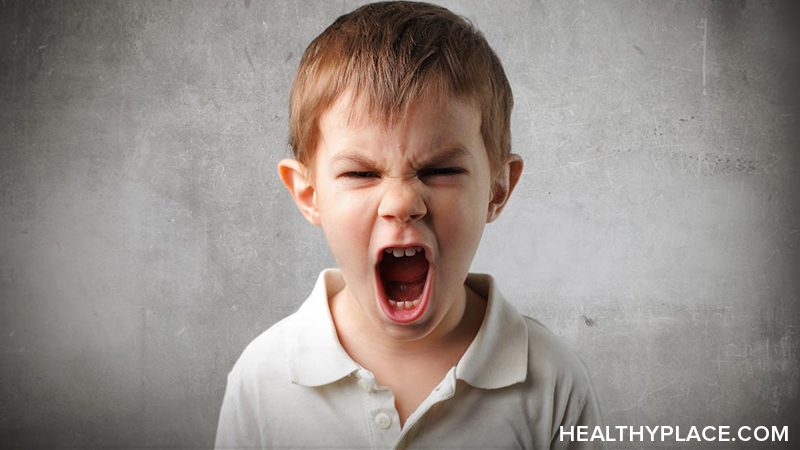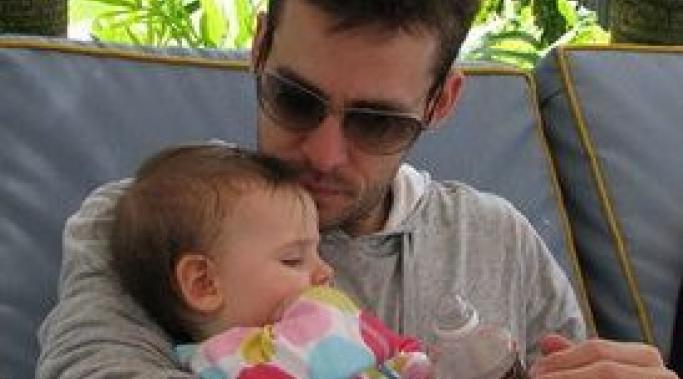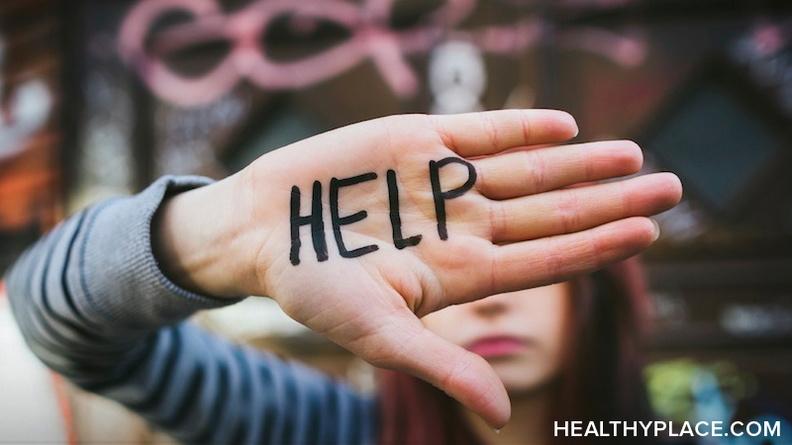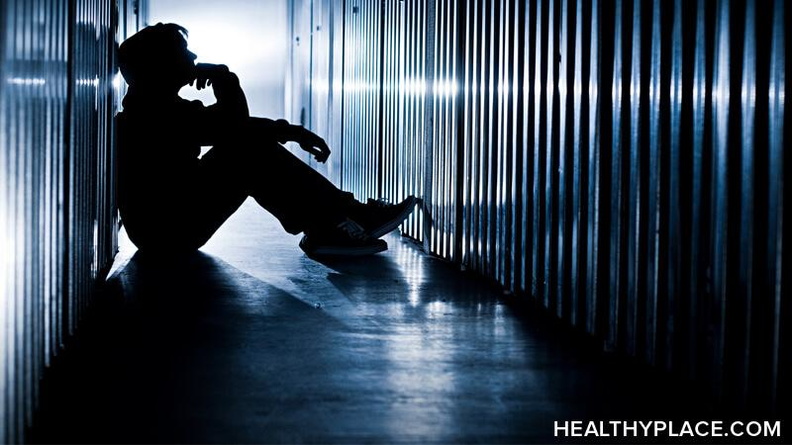Suicide: Family Members’ Grief and Loss

"I had a mentally ill brother. His illness caused his death at 21. His pain was over. Ours will never end." ~ Lori, suicide survivor
The symptoms of grief after a loved one dies by suicide can be devastating and even life-altering. In fact, family members of someone who has committed suicide even have a higher rate of mental illness after the death. Suicide grief runs the gamut from trauma to anger to denial and is worsened by the stigma that surrounds deaths by suicide. According to the American Association of Suicidology, suicide directly affects 1 in every 64 Americans (according to suicide data from 2011).
Symptoms of Grief After Suicide
Loved ones of a person who has died by suicide are known as suicide survivors. Suicide survivors experience the same stages of grief as anyone would with loss but possibly more severely.
The stages of grief include:
- Denial and isolation - it's normal to deny a person's suicide. It is unthinkable to most that another would take his or her own life. This denial is generally temporary and experienced right after the death. Isolation is typical during this time as the shock of the suicide sets in.
- Anger - while anger can be a part of grieving any death, people can be particularly angry with loved ones lost to suicide as suicide is often seen as a choice the person made (rather than the symptom of an illness). Suicide survivors are angry their loved ones would deprive them of their existence.
- Bargaining - in the extreme grief and loss after a suicide, survivors often blame themselves. It's common for people to think things like, "if only we had gotten the person help sooner," or, "if only I had been there," or, "if only I had been a better sister," and so on. People may make silent deals with a higher power in an attempt to postpone the inevitable.
- Depression - studies have shown that grief in the wake of suicide causes depression in many, but in suicide survivors specifically. Grief itself is time-limited but depression can go on for months or even years in people vulnerable to that mental illness.
- Acceptance - with time, and often with extensive help and support, acceptance of a suicide is possible.
Many symptoms of grief after a suicide can be amplified because suicide survivors often find that others treat them differently after the death. This is due to the stigma that surrounds suicide. Many are judgemental about suicide and blame the loved ones of the person who died or simply don't know how to act in the wake of the tragedy. For this reason, suicide survivors often isolate more than the average person grieving a loss.
When It's Time to Get Professional Help for Suicide Grief Symptoms
Some people find that they simply can't move on after a death by suicide. Some suicide survivors are "stuck" in grief, often in depression, and this may affect their work, school, and home lives. When a person has been in this state for weeks or even months, it is time to seek out professional help like psychotherapists that specialize in helping those who have lost a loved one to suicide. There is no shame in admitting you need help, as suicide is something that no one is even prepared to deal with.
Suicide Grief Support
In addition to professional help, support groups can also be very helpful when dealing with the grief and loss of suicide. Being in a room (or communicating online) with others who have been through what you have been through, those who truly "get it," can be extremely beneficial during the healing process.
Find suicide survivor support here:
- Suicide Prevention Resources for Survivors of Suicide Loss – provides a list of organizations and websites for survivors: http://www.sprc.org/sites/sprc.org/files/Survivors.pdf
- American Foundation for Suicide Prevention – provides links to support groups, therapists, programs and more: https://afsp.org/find-support/
- Suicide.org – provides a forum and many resources: http://www.suicide.org/suicide-survivors.html
- Alliance of Hope – provides a blog, a forum and other services: http://www.allianceofhope.org/
In addition, local funeral homes can provide direction to local grief support groups and grief counselors.
APA Reference
Tracy, N.
(2022, January 11). Suicide: Family Members’ Grief and Loss, HealthyPlace. Retrieved
on 2025, November 11 from https://www.healthyplace.com/suicide/suicide-family-members-grief-and-loss






